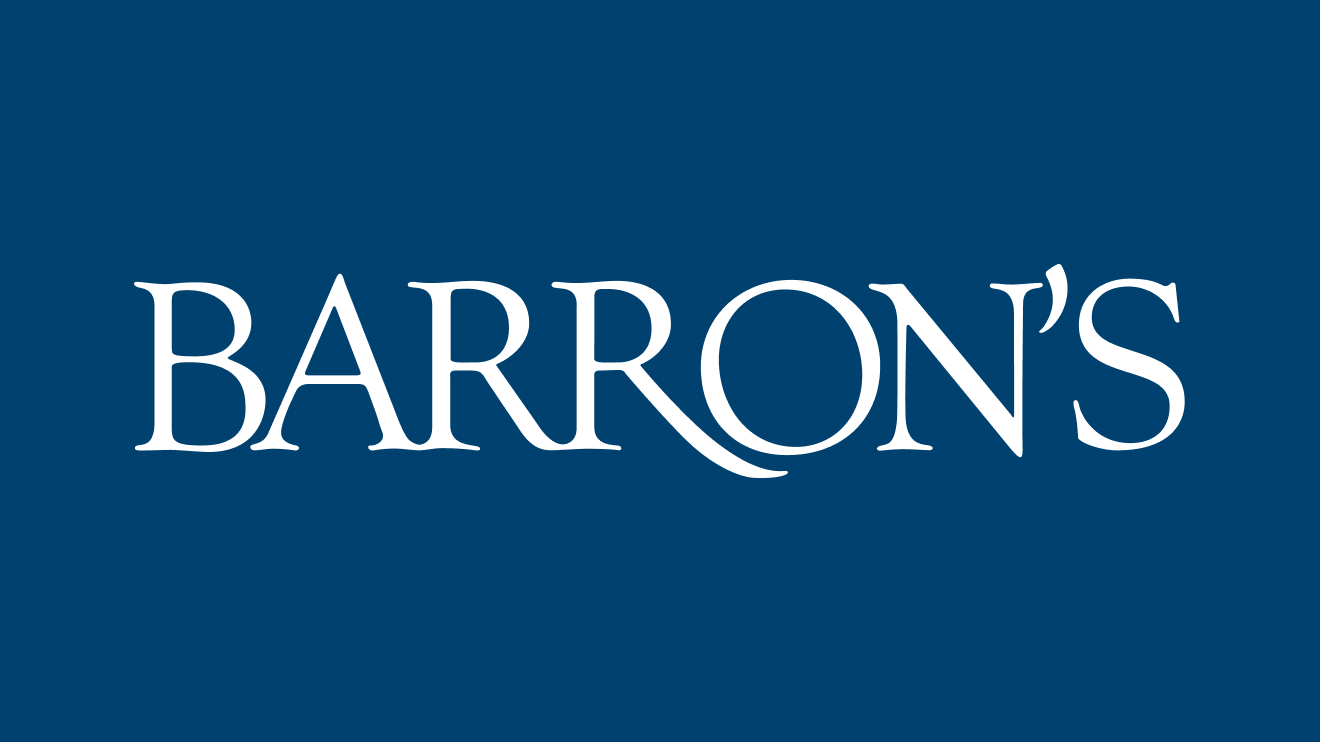- Joined
- Aug 29, 2023
- Runs
- 38,922
Ex-CNN star Lemon sues Musk over cancelled X show
Former CNN star presenter Don Lemon has sued multi-billionaire Elon Musk and his social media company X, formerly known as Twitter, over the cancellation of a talk show deal.
The lawsuit alleges that Mr Musk and his company unfairly terminated a partnership with Mr Lemon and refused to pay him after using his name to promote the social media platform with advertisers.
BBC News has contacted X for comment about the lawsuit.
Earlier this year, X reached deals with Mr Lemon, former US congresswoman Tulsi Gabbard and sports radio presenter Jim Rome, as it tries to bring advertisers back to the platform after a series of controversies.
"The lawsuit alleges fraud, negligent misrepresentation, and misappropriation of name and likeness," said a post on the Facebook page of the law firm representing Mr Lemon, Shegerian & Associates.
The filing with the California Superior Court in San Francisco alleged X had agreed to pay Mr Lemon $1.5m (£881,000), along with a share of advertising revenue generated by his content.
It also claims Mr Musk and X used "false promises and representations” to help persuade Mr Lemon to agree to the partnership only to cancel it after he had spent thousands of dollars on creating the show.
However, the deal which would have seen The Don Lemon Show appearing on X collapsed abruptly in March after the recording of the first episode, which featured an interview with Mr Musk.
In a post on X shortly after the deal fell through, Mr Musk said Mr Lemon's approach “was basically just 'CNN, but on social media,’ which doesn’t work, as evidenced by the fact that CNN is dying.”
During the interview, which was recorded at Tesla's headquarters in Texas, Mr Lemon asked Mr Musk about his use of the drug ketamine, as well as the increase of hate speech on X.
The network made the decision after Mr Lemon made on-air comments about then Republican presidential candidate Nikki Haley being past her prime.
Shortly after Mr Lemon's exit from CNN, Mr Musk reached out to him on X.
At the time, Mr Musk was looking to attract advertisers back to the social media platform, which was reeling from a string of controversies that followed the billionaire's takeover in 2022.
In October, X chief executive Linda Yaccarino announced a partnership deal with celebrity socialite Paris Hilton.
The following month, Ms Hilton pulled an advertising campaign on X by her entertainment company 11:11 Media.
The departure of Ms Hilton's firm added to the list of advertisers that had cut ties with X over concerns about the platform's content moderation policies.
BBC
Former CNN star presenter Don Lemon has sued multi-billionaire Elon Musk and his social media company X, formerly known as Twitter, over the cancellation of a talk show deal.
The lawsuit alleges that Mr Musk and his company unfairly terminated a partnership with Mr Lemon and refused to pay him after using his name to promote the social media platform with advertisers.
BBC News has contacted X for comment about the lawsuit.
Earlier this year, X reached deals with Mr Lemon, former US congresswoman Tulsi Gabbard and sports radio presenter Jim Rome, as it tries to bring advertisers back to the platform after a series of controversies.
"The lawsuit alleges fraud, negligent misrepresentation, and misappropriation of name and likeness," said a post on the Facebook page of the law firm representing Mr Lemon, Shegerian & Associates.
The filing with the California Superior Court in San Francisco alleged X had agreed to pay Mr Lemon $1.5m (£881,000), along with a share of advertising revenue generated by his content.
It also claims Mr Musk and X used "false promises and representations” to help persuade Mr Lemon to agree to the partnership only to cancel it after he had spent thousands of dollars on creating the show.
However, the deal which would have seen The Don Lemon Show appearing on X collapsed abruptly in March after the recording of the first episode, which featured an interview with Mr Musk.
In a post on X shortly after the deal fell through, Mr Musk said Mr Lemon's approach “was basically just 'CNN, but on social media,’ which doesn’t work, as evidenced by the fact that CNN is dying.”
During the interview, which was recorded at Tesla's headquarters in Texas, Mr Lemon asked Mr Musk about his use of the drug ketamine, as well as the increase of hate speech on X.
The network made the decision after Mr Lemon made on-air comments about then Republican presidential candidate Nikki Haley being past her prime.
Shortly after Mr Lemon's exit from CNN, Mr Musk reached out to him on X.
At the time, Mr Musk was looking to attract advertisers back to the social media platform, which was reeling from a string of controversies that followed the billionaire's takeover in 2022.
In October, X chief executive Linda Yaccarino announced a partnership deal with celebrity socialite Paris Hilton.
The following month, Ms Hilton pulled an advertising campaign on X by her entertainment company 11:11 Media.
The departure of Ms Hilton's firm added to the list of advertisers that had cut ties with X over concerns about the platform's content moderation policies.
BBC



























